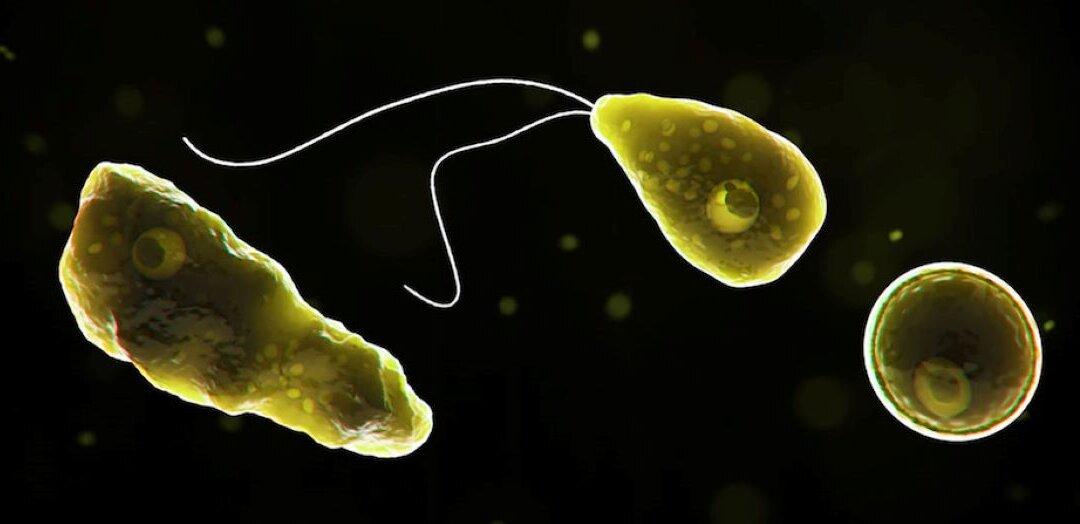Health authorities in Florida issued a warning late last week to residents about tap water after it was confirmed that a man died from a brain-eating amoeba.
The alert, issued to Charlotte County, said that residents should avoid washing their face with tap water. Officials said the unidentified man was infected with the brain-eating amoeba, Naegleria fowleri, after washing his face and rinsing his sinuses with infected tap water.





